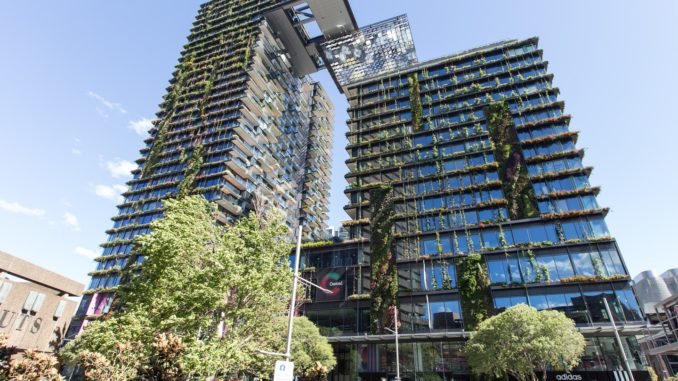
Significant global environmental problems increasingly threaten food supplies, water and air quality and the survival of the ecosystems. Major forces such as climate change and the rapid depletion of the world’s oil reserves threaten national economies and the quality of life in the world. Both are connected to our dependence on fossil fuel, especially oil. Climate change caused by increasing concentrations of human generated carbon dioxide, methane and other gases in the Earth’s atmosphere affect future temperature regimes and weather patterns

Global temperature increases must now be considered when forming assumptions about passive design, the building envelope, materials selection, and the type of equipment required to cope with higher atmospheric energy levels. The oil rollover point describes the time when peak world wide production of oil will occur and when approximately 50% of the world’s oil supply will have been depleted. At the rollover point the energy value of oil (the amount of energy into which the oil can be converted) will be less than the energy needed to extract it. Experts predict that between 2010 and 2020, oil prices will skyrocket as production falls and demand begins to exceed supply. Alternatives such as hydrogen or fuels derived from coal will be expensive. The expense of operating buildings that are heated and cooled using fuel oil and natural gas will likely increase, along with the cost of fossil-fuel-dependant industrial, commercial and personal transportation. A shift towards hyper- efficient buildings and transportation cannot begin soon enough
